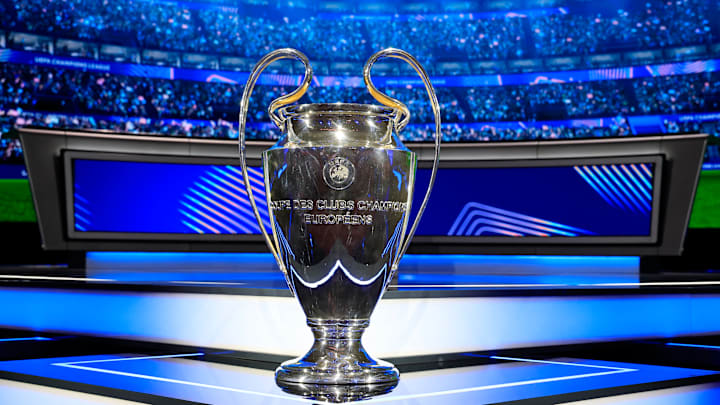The League Phase will play out through the fall and winter, finishing in January. As teams compete and complete their matches, they’ll move fluidly along a single, 36 team table, where eight wins from eight games will gain a maximum of 24 points. The order of matches played was also determined by AI, which will leave a degree of unpredictability to this new League Phase. The top eight teams in the table will automatically advance into the round-of-16 and be seeded based on their league position. For example, the first placed team in the League Phase would not face the second placed team until the final. Teams finishing nine through twenty-four are then seeded in the “Knockout Stage Playoffs,” which will take place in February. Teams finishing nine through sixteen will be paired against teams 17 through 24 with the latter teams hosting the first of a two-legged playoff. The winning eight teams will be placed into the round-of-16 bracket against the top eight from the League Phase and the competition will continue with two-legged knockout games, just like we’ve seen in years prior.
Are all these changes a good idea? That remains to be seen, but the competition will certainly feel different. UEFA President Aleksander Ceferin said these changes are to create better competition and allow more teams an opportunity to qualify. I believe this format change has happened for two reasons: first and most simply, the old UCL Group stage was 96 games, and the new League Phase is 144 games. That’s a lot more revenue from television and marketing. Second, this appeases some of the clubs wishing to break away into a “Super League,” especially since UEFA Champions League revenues are not shared with clubs outside the competition. This means more revenue for the clubs regularly playing in the Champions League, which will effectively make it more difficult for smaller clubs to enter the competition in the future without a foreign investment like we’ve seen in many other European Leagues. I also think this format understates the significance of the home-field advantage, with luck playing a major role in which teams have that advantage in which matches.
I’m not completely cynical however, despite Borussia Dortmund drawing Real Madrid away from home. I do think this format garners a certain level of excitement, especially during this new league phase. How many times have we seen a group of four utterly dominated by two clubs? The best teams have to play the best in the League Phase, and the lesser-known teams like Brest and Slovan Bratislava will play two fellow pot-four teams. Everybody has a reasonable opportunity to earn points in this competition. Goals will matter a lot more than simply winning a game. With only 24 points up for grabs, goal differential will undoubtedly play a deciding factor in seeding and placement, especially when looking at the “Knockout Phase Playoff.” Matchday eight will see far fewer dead rubbers than the previous format’s matchday six. I think we’re going to see some wild results, and unexpected teams rise in the table after big, multi-goal wins.
